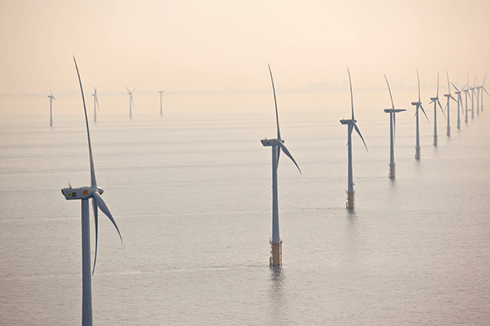
|
Published: 17 March 2014
Australia joins UN 2050 Deep Decarbonisation Pathways Project
Monash University-based ClimateWorks Australia and Australian National University (ANU) have been appointed to lead Australia’s participation in the global 2050 Deep Decarbonisation Pathways Project (DDPP), coordinated by the United Nations Sustainable Development Solutions Network (SDSN).
The project draws on research and analysis from 13 participating country teams, which collectively represents more than 75 per cent of global greenhouse gas emissions.
Australia, Brazil, Canada, China, European Union, India, Indonesia, Japan, Mexico, Russia, South Africa, South Korea, and the United States are all participating the project.
Working within a coordinated framework, each country will explore the potential to achieve ‘deep decarbonisation’ – significant cuts to their greenhouse gas emissions – while maintaining economic prosperity, with the goal of limiting the global temperature rise from climate change to 2° Celsius.
Achieving this goal will require unprecedented problem solving on all fronts, including technology diffusion and innovation, infrastructure, financing mechanisms, policy frameworks, business models, and consumer behaviour.
Only a handful of countries currently have national deep decarbonisation pathways through to 2050 that could support long-term strategies.
The broad objectives of the 2050 DDPP are to:
-
Prepare transparent and practical national pathways to help countries adopt and implement policies to achieve deep decarbonisation.
-
Support international climate change negotiations by helping decision makers and the global community to understand how deep decarbonisation can be achieved.
-
Support positive outcomes of the 2014 World Leaders Climate Summit, convened by the UN Secretary General Ban Ki Moon, and the 2015 Conference of the Parties (COP21) of the United Nations Framework Convention on Climate Change (UNFCCC).
-
Build an on-going global network to facilitate learning and promote problem solving in the implementation phase of national deep decarbonisation strategies after 2015.
The two Australian institutions say there are a range of possible pathways, using existing technologies, to a 2050 decarbonised and prosperous Australia, and aim to identify the best available options on how this can be achieved.
ClimateWorks and ANU will draw on modelling undertaken by CSIRO and the Centre for Policy Studies (CoPS) before submitting their findings to the SDSN.
Source: ClimateWorks Australia




